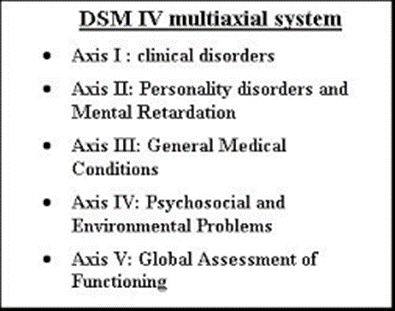During the mental status assessment, the nurse hands the client a piece of paper that reads "Please raise your left hand." If the client follows the command, the nurse has just assessed which ability of the client
Abstract thinking
Memory
General knowledge
Reading ability
The Correct Answer is D
Choice A rationale: Abstract thinking involves the ability to think conceptually and comprehend concrete concepts such as proverbs.
Choice B rationale: Memory assesses the client’s ability to recall previously experienced or learned information and is not directly assessed by the client's ability to follow a written command.
Choice C rationale: General knowledge refers to the ability of a client to answer questions on common topics and facts and is not assessed by the client's response to a written command.
Choice D rationale: The ability to follow a written command, such as "Please raise your left hand," assesses the client's ability to read and understand written instructions.
Nursing Test Bank
Naxlex Comprehensive Predictor Exams
Related Questions
Correct Answer is {"dropdown-group-1":"C"}
Explanation
Antipsychotics are used in the management of patients with psychotic disorders such as schizophrenia, schizoaffective disorder, and delusional disorder. They include drugs such as olanzapine, clozapine, quetiapine, and risperidone.
Correct Answer is D
Explanation
Choice A rationale: Axis 1 is used to document clinical disorders that are the primary focus of management such as schizophrenia, major depressive disorder, and bipolar disorder among others.
Choice B rationale: Axis 3 is used in the documentation of conditions, for instance, asthma, hypertension, and diabetes mellitus among others which are known to have effects on an individual’s mental health.
Choice C rationale: Axis 4 is used in the documentation of environmental and psychosocial issues contributing to a patient’s stress such as financial and family stressors.
Choice D rationale: this is accurate since Axis 2 is used in the documentation of conditions affecting a client’s functioning such as personality disorders and mental retardation.

Whether you are a student looking to ace your exams or a practicing nurse seeking to enhance your expertise , our nursing education contents will empower you with the confidence and competence to make a difference in the lives of patients and become a respected leader in the healthcare field.
Visit Naxlex, invest in your future and unlock endless possibilities with our unparalleled nursing education contents today
Report Wrong Answer on the Current Question
Do you disagree with the answer? If yes, what is your expected answer? Explain.
Kindly be descriptive with the issue you are facing.
